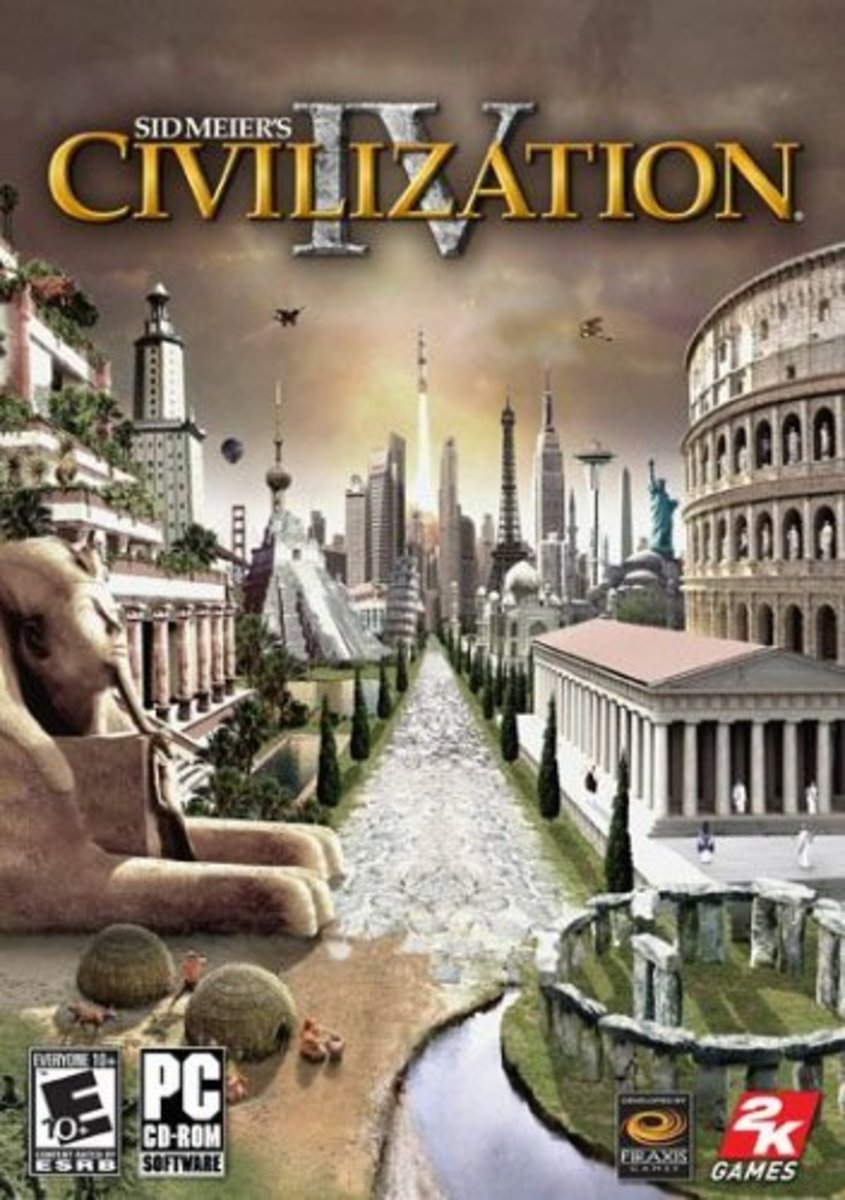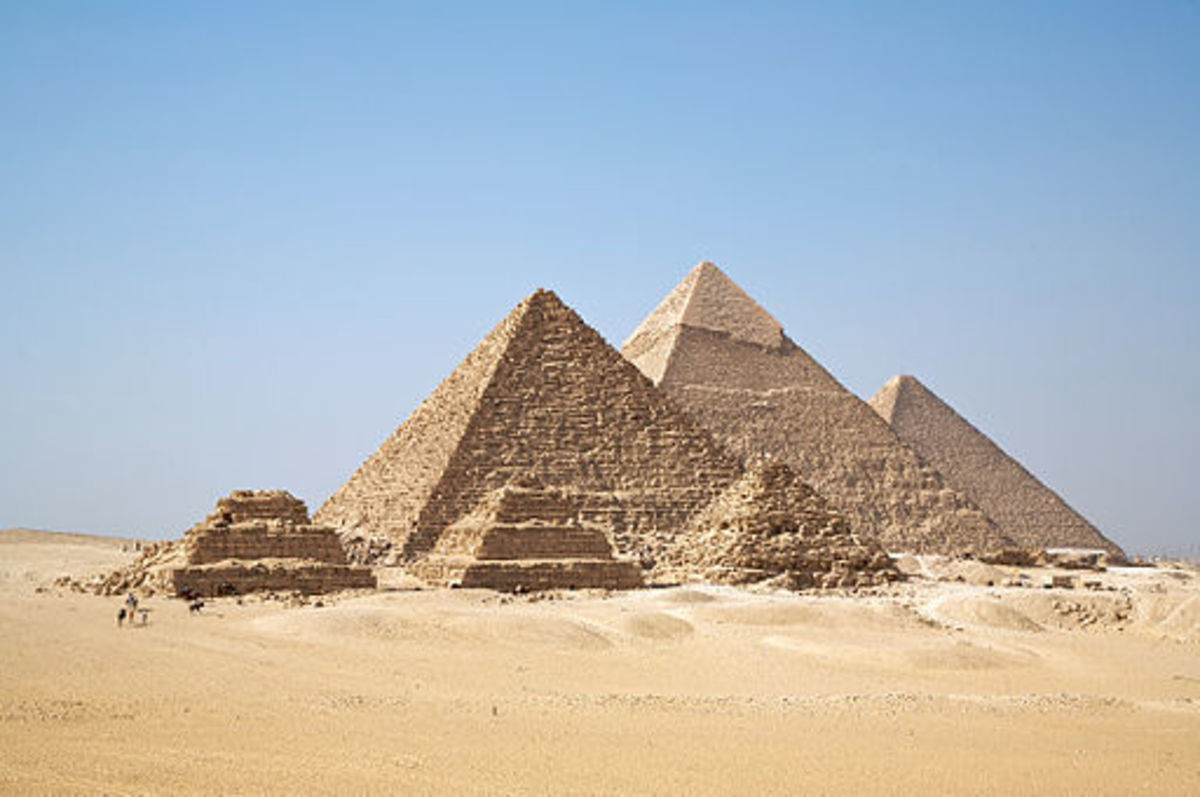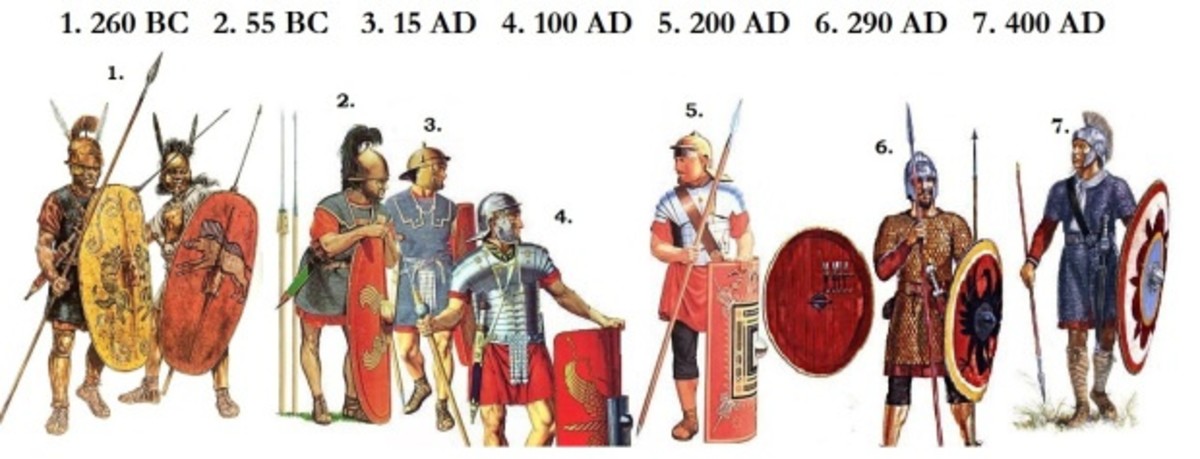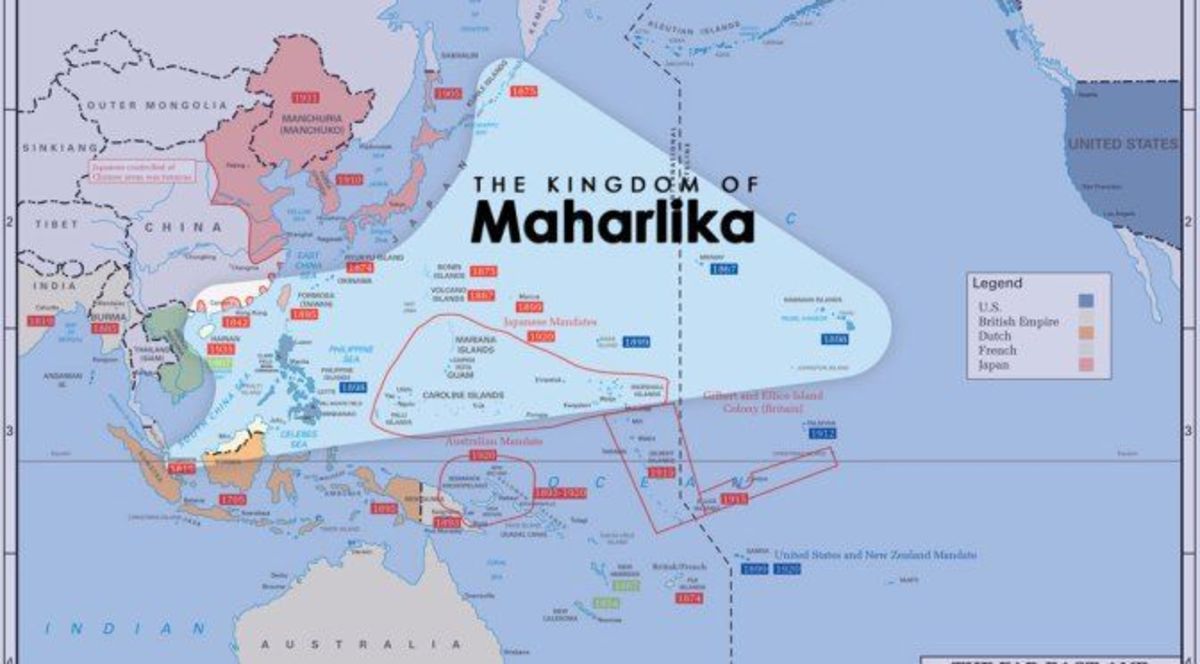The Most Important Events in Ancient Human History
A Word of Caution
Now, I know I'm going to ruffle at least a few feathers with my selections, so while you read this I ask that you bear in mind that this is my opinion on what the most crucial events, on which the entire history of society pivoted on. I have chosen not to encompass modern history here, as such a broad scope requires more than a single article. Therefore, this will cover pre-Roman era history. If demand dictates, I will continue on in a series from there.
If you have other suggestions, thoughts, feelings, or opinions I urge you to express them in the comments section in a rational, conversational manner.

Let it Burn: The Mastery of Fire
The use of fire by mankind marked a significant change in humanity and it's habits. The cooking of food allowed a reduction in the required calories to process and utilize nutrients, making the very process of eating more efficient. Additionally, the use of fire for heat allowed humans to survive in cooler climates, and fire was used as a tool to control predatory animals, increasing the survival odds of early humans. Later, it was employed in the production of charcoal and the forging of early metals like bronze.
Though earlier evidence exists, widespread evidence of cooked foods dates back 50 to 100 thousand years, suggesting that this was the period in which controlled fire use first became commonplace.
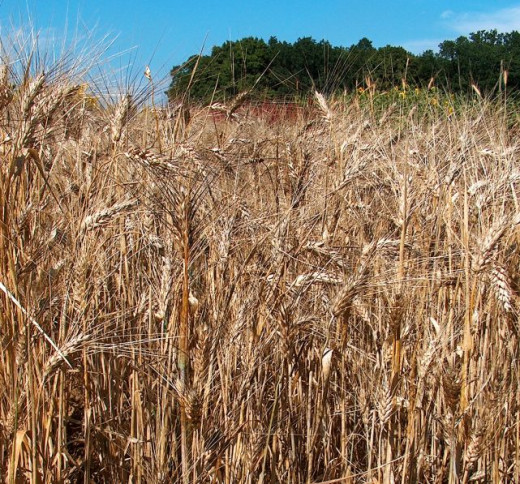
The Fertile Crescent
The Fertile Crescent was an area consisting of Mesopotamia, Assyria, Phoenicia, and Egypt surrounding the Tigris, Euphrates, and Nile rivers. This area is known as the Cradle of Civilization because a number of major developments in human civilization spawned from this area, such as irrigation, written language, and the wheel.
Settling Down: The Birth of Agriculture
Most prominently occurring in the Fertile Crescent around 8000 B.C., the so-called Neolithic Revolution is the period generally encompassing the transition of humanity from a hunter-gatherer society to a communal agricultural one. Although this transition occurred over the span of several thousand years and across the globe, I focus on the Fertile Crescent because it is largely considered the birthplace of civilization.
Prior to the domestication of plants and animals, humanity functioned in small, nomadic groups, their migration patterns dictated by food supplies and climate. This lifestyle is exceptionally energy-consumptive and dangerous, so one cannot overstate the value of agrarian capabilities. A hunter-gatherer needs a large territory just to sustain itself, while a farmer can produce the same quantity of food in a tenth the space.
This "settling down" allowed humanity to coalesce into stationary communities. While studies show that the hunter-gatherers had a more nutritionally-diverse diet and were generally larger and healthier (the average height, for instance, is reduced by four inches between humans in the two lifestyles), the ability to settle into lasting communities was crucial to the further development of civilization.
Where previously vast amounts of energy and time were dedicated to the acquisition of food by most members of a community, agriculture allowed for specialization. Enough food was produced by the agricultural class to allow other members of the community to focus their efforts elsewhere, such as the production of tools, cloth, structures, and child-rearing, all of which led to rapid development and population growth.
The Fertile Crescent
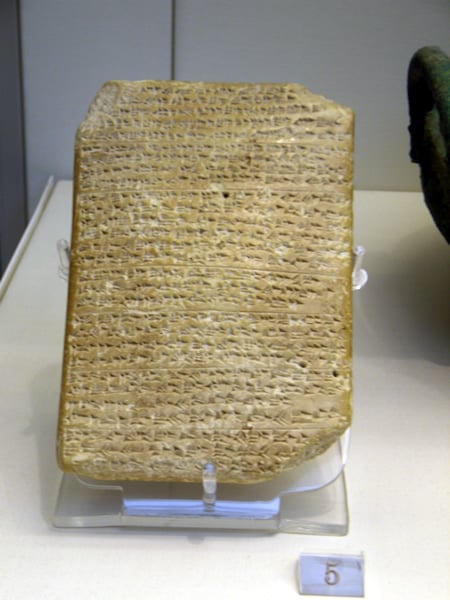
The Written Word: The Origin of Written Language
True writing is largely accepted as to have developed independently in Sumer (3200 B.C.) and Meso-America (600 B.C.) respectively. There is discussion as to whether or not China and Egypt developed languages with or without influence from the diffusion of nearby cultures. Evidence exists to support both sides of the argument, suggesting that China most likely developed its system of writing without outside influence due to lack of exposure to other cultures in the periods preceding the first examples of ancient Chinese writing. Egypt may well have adapted their early form of writing from that found in Mesopotamia.
Without written language, the organization of large populations and codification of laws would not have been possible, and without these basic functions the development of society would have stalled. The preservation of information was a critical factor in the furthering of technological advances, which is the primary driver of advancement of culture and civilization throughout history.
Which of these do you consider to be the most crucial to humanity?
Advancement of Metallurgy: The Iron Age
While bronze had been forged and worked for some time, the discovery of a means to forge iron led to advancements for thousands of years to come. In fact, we are still considered to be living in the Iron Age today. While there is some argument as to the origin of ironworking, it is frequently credited to the Hittites during the mid- to late bronze age (around 1500 B.C.) though evidence of the use of iron throughout the region suggests that this was not the case, and examples in Syria and Mesopotamia date back to 2700 B.C.
The development of an abundant, superior metal to bronze allowed for a leap in the advancement of tools and weaponry. Iron is a far harder metal, capable of withstanding greater stresses than bronze, and was employed in the creation of steel in subsequent years.





